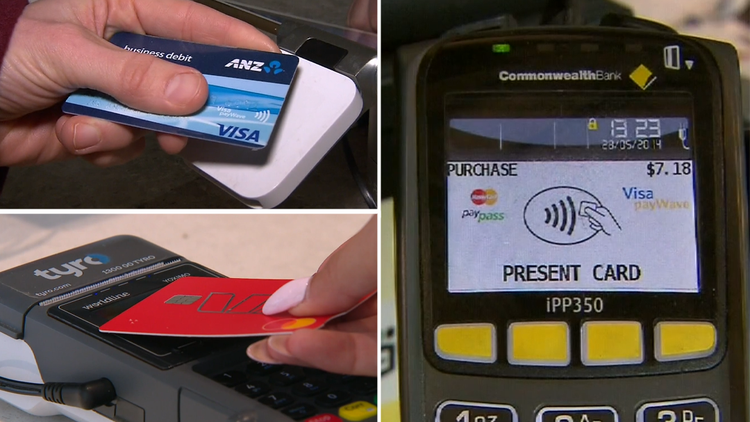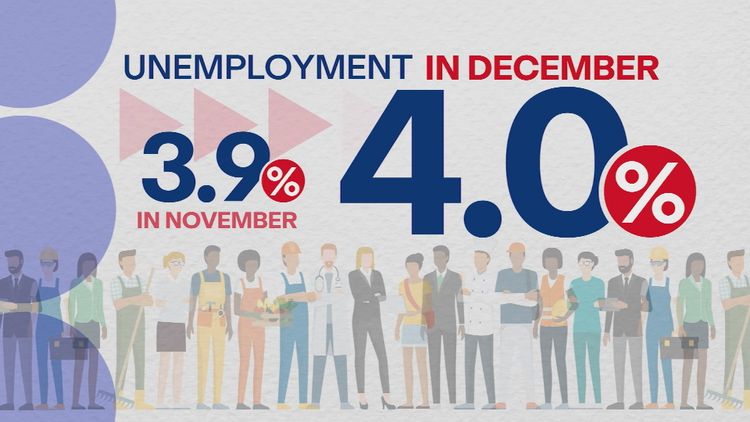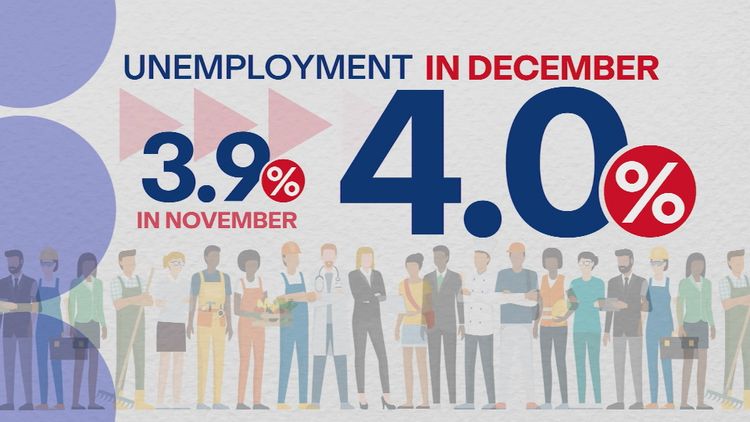Commonwealth Bank has called on the Reserve Bank of Australia to axe surcharges on all credit and debit card payments, reports say.The fees cost shoppers hundreds of millions of dollars every year, and the RBA is considering the future of the payments to ensure consumers get a fair go.The federal government has already announced it would likely ban surcharges for debit card payments from the start of next year, subject to the findings of the RBA review.

Surcharges on debit cards could be banned under a federal government plan. (iStock)Now the CBA in its submission to the RBA has urged authorities to go further and ban all types of surcharging, the Australian Financial Review reports.Details of the CBA submission are expected to be published today.If Australia adopted the CBA's recommendations, it would bring the country into line with European nations and the UK where surcharging is banned.Debit card surcharges are also illegal in the United States and Canada, although fees for credit card payments are allowed.Sources with knowledge of the CBA submission but who wish to remain anonymous say a complete ban is the simplest way to stamp out surcharging imbalances.CBA put forward the case that credit card holders will be left facing the same issues around fee transparency if only debit surcharges are axed.Also, merchants could potentially slap higher transaction fees on customers paying with credit cards.
What are card surcharges and why do they exist?
Card surcharges are a small fee – typically somewhere between 0.5 and 1.5 per cent – added to a purchase paid for using credit or debit.They exist because it isn't free for businesses to accept payments using those methods. Vendors are charged merchant fees for accepting electronic transactions.Under Australian consumer law, businesses are allowed to apply a surcharge to cover the cost of processing payments made by card – although it can't be higher than what they are charged.So if a cafe was charged 0.5 per cent to process a card payment, it would be illegal for it to have a surcharge any higher than that. There is a long list of other regulations about the fees, which the Reserve Bank covers in some detail.





